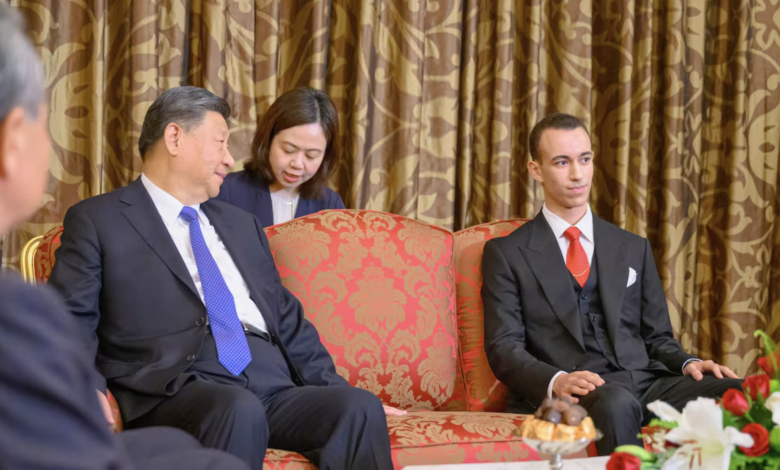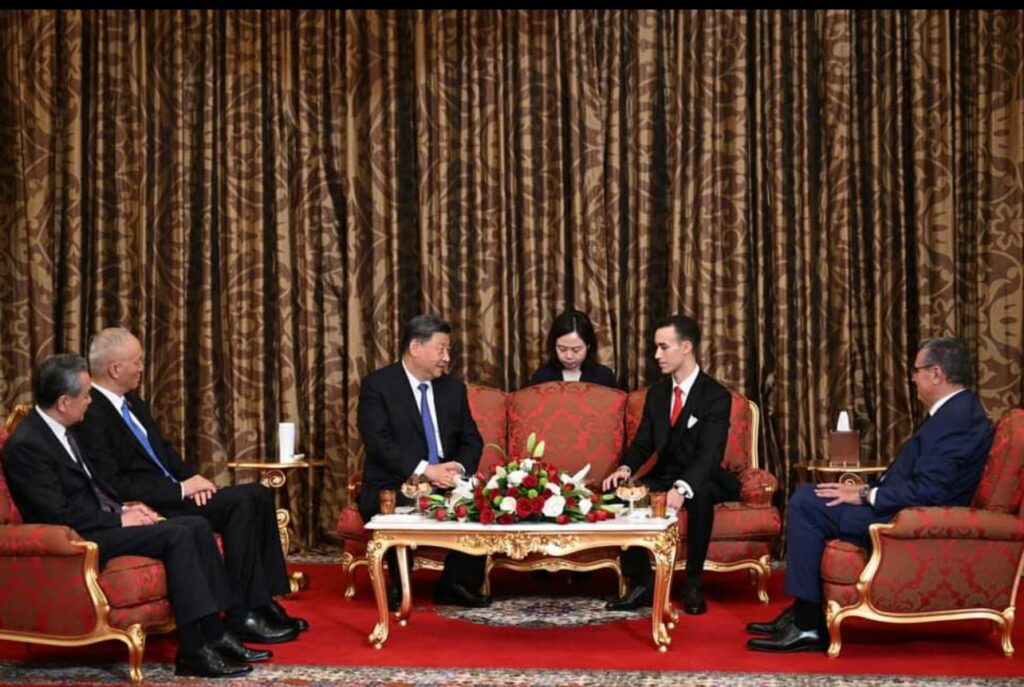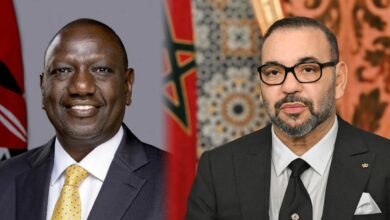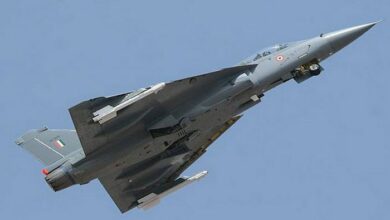The Dimensions of the Chinese President’s Visit to Morocco: Strategic Transformations

ALDAR/
The visit of Chinese President Xi Jinping to Morocco comes in a context marked by significant implications and strategic orientations, which may reflect a major shift in relations between the two countries. Although China has traditionally adopted a neutral stance on many regional issues, this visit represents an important step toward enhancing bilateral cooperation in various fields.

The Western Sahara issue is among the most prominent regional files that draw international attention. While China has maintained a traditionally neutral position, the Chinese president’s visit may carry new signals that could influence Beijing’s stance in the future. China might be considering adjusting its strategy on this issue within the framework of new economic and geopolitical calculations.
China and Morocco enjoy strong diplomatic relations, and this visit provides an opportunity to deepen these ties and strengthen cooperation in various sectors. The Moroccan government is working to improve its relations with major powers like China to broaden prospects for comprehensive development in the country.
As China’s strategic partner in Africa, Morocco serves as a pivotal point in the “Belt and Road Initiative.” This initiative aims to develop infrastructure and boost trade between Asia and Africa, with Morocco acting as a key gateway in this vital project, further cementing its position as a trade and financial hub in the region.
In recent years, Morocco has become a preferred destination for Chinese investments, particularly in the fields of infrastructure, renewable energy, and modern technologies. The country has witnessed remarkable progress in sectors such as solar and wind energy, with Chinese companies playing a significant role in these projects. Additionally, the exchange of expertise between the two countries in technological fields could further strengthen their economic ties.
President Xi Jinping’s visit to Morocco comes to inaugurate a new phase of bilateral cooperation between the two countries on both political and economic levels, with an openness to vast opportunities within the framework of the “Belt and Road Initiative.”





